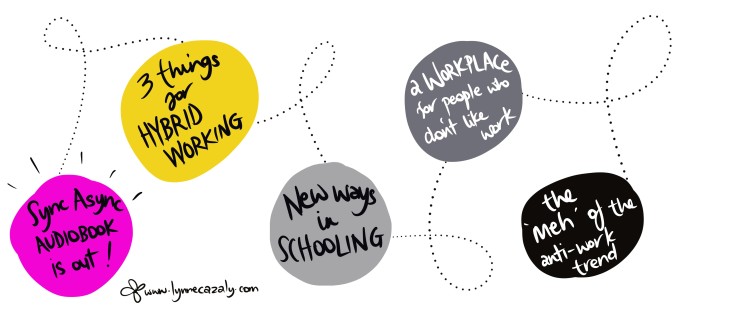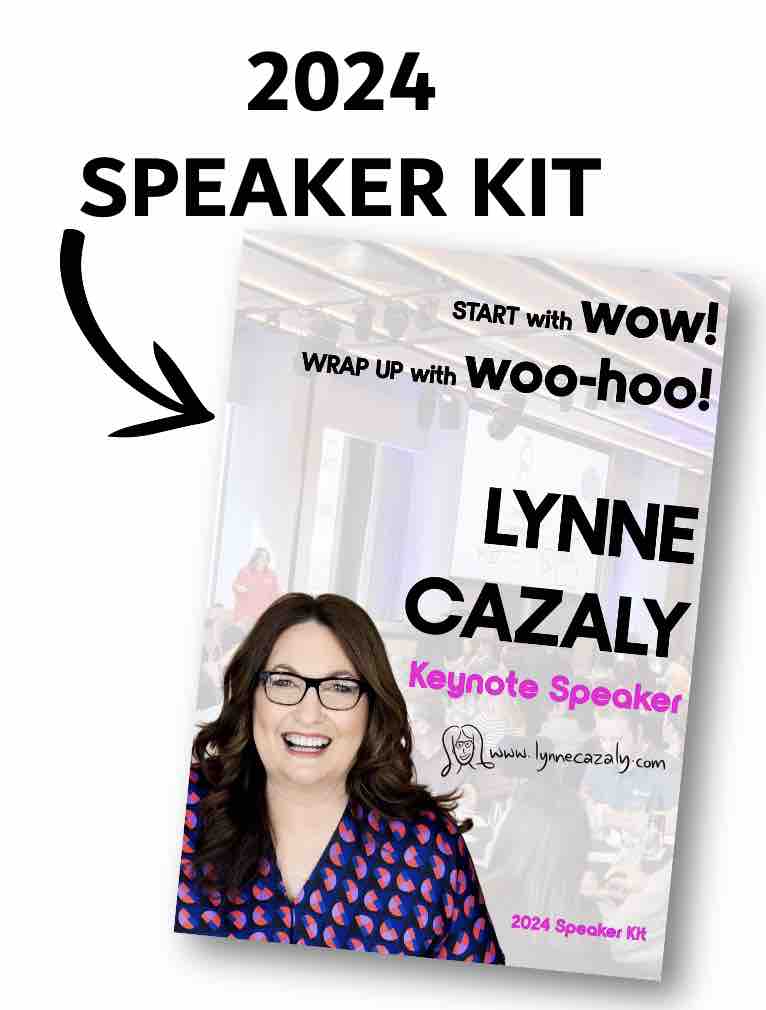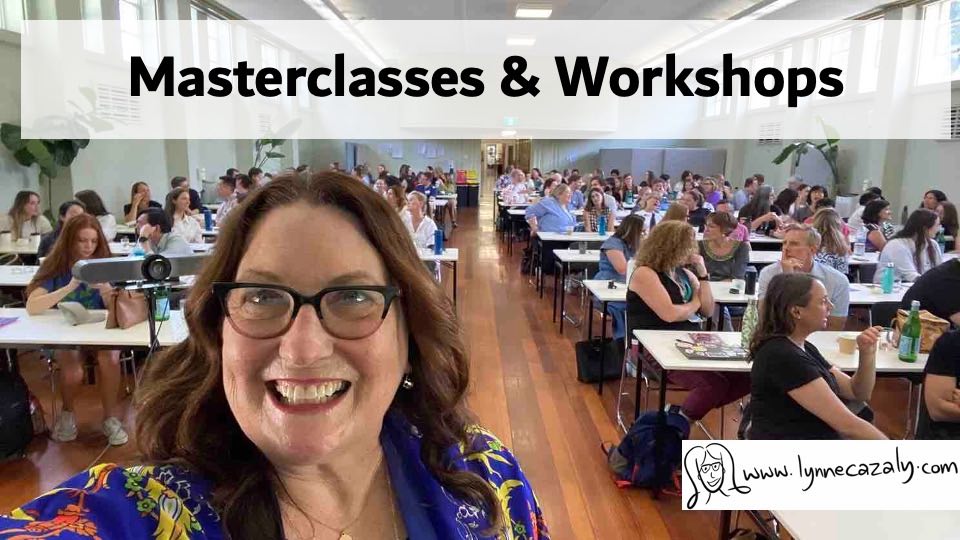Hybrid working/Asynchronous audiobook/New ways in schooling/Workplaces for the anti-work trend
 Monday, May 22, 2023 at 5:04PM
Monday, May 22, 2023 at 5:04PM  3 things needed in hybrid working
3 things needed in hybrid working
As the world of hybrid work keeps evolving and changing, we’d do well to check on how it’s going and what tweaks and changes are needed.
Two out of three key requirements for people seem to be lacking.
Let’s look at them:
🔸Choice or Autonomy
🔸Mastery or Learning
🔸Connectivity in all its forms.
From your experience and observations, which one/s are working in hybrid do you think?
And which is being missed? Read more in this article from Fortune quoting the great work of Lynda Gratton.
And consider how you and your teams can lead with greater focus on the important parts that are being missed.
Sync Async Audiobook is out now !
My most recent book ‘Sync Async: Making progress easier in the changing world of work’ is now available in audiobook.
What’s it about?
One of the best ways to respond and adapt to the changing world of work is to consider not just the work itself … but the WAY it gets done.
Consider:
◻️ Do we really need everyone at the same meeting at the same time? (synchronous work)
◻️ Could some people contribute prior to, or after the meeting or begin working on tasks outside of a meeting? (asynchronous work)
A growing number of teams and businesses are learning and experiencing the value of deliberately working in sync / async ways.
That is, some work is completed synchronously — at the same time with other people; and other elements of work completed asynchronously — at a time and in a way that suits them.
In this book you'll hear about:
◻️ how, why and when to work in sync and async ways
◻️ tools for creating your team’s sync async strategy
◻️ ways to identify the type of work you prefer
◻️ techniques to work in more async ways
◻️ how to make daily progress easier — get started on things that have stopped and accelerate things that have slowed.
You don’t need to wait for a culture to change or for someone to give you the go ahead on this. You can start working better in both sync and async ways from today.
There will always be too much to do and not enough time in which to do it. Putting practical sync async techniques to work can make your work easier … and the rest of life better.
Available via your usual audiobook app or supplier. Use one of your Audible credits to get the book now.
New ways in schooling
Evolutions in how we work don’t just happen in corporate offices or businesses.
New ways in how a school can work are most certainly working for the glorious Hester Hornbrook Academy led by their highly regarded principal, Sally Lasslett.
In this great piece in The Age, insights abound on how innovation, inclusion and new ways of thinking and working are helping make education happen … for the better.
Adaptive thinking in education is working on things like:
▫️meeting students where they are
▫️classes starting at 10 am
▫️no rows of desks, replaced with flexible seating like groups of desks or beanbags
▫️a focus on who students want to be,
and
▫️no need to leave after a graduation; students can keep coming back!
Funded by Melbourne City Mission (MCM), the independent school is thriving and growing and gaining attention for the right reasons.
It’s a most beautiful example of how to think beyond the default or mainstream … no matter the kind of work you do or the services your organisation provides.
A workplace for people who don’t like work
What would it be like?
Following on from the above post about Hester Hornbrook Academy in Melbourne, Australia, which has created a school for students who don’t like going to school, let’s think further …
How might we apply this to the workplace, more broadly?
Some changes in ways of working have been successes for those who need them:
▫️the non linear work day
▫️remote work
▫️asynchronous work
▫️work from anywhere
▫️the four day work week
▫️flexible working hours …
And so what else?
How else are workplaces helping make work better for those who don’t like work? Or don’t much like going to work?
There are things like:
▫️quiet spaces, booths and soundproofed areas
▫️collaborative cafe-style designs for a less formal feel
▫️softer furnishings to create a more comfortable environment
▫️ambient sounds and effects to create calm yet productive spaces
▫️creative tools for communication and collaboration
▫️online apps for contribution and collaboration
▫️cross functional teams to create greater progress and autonomy
▫️self-selected teams enabling people to exercise choice
▫️incremental work to help make better progress
▫️less time wasting activities like boring meetings and more outcome focused work
▫️iterative work to break tasks down in to manageable pieces
▫️a mindset of good enough to reduce the effects of perfectionism, …and plenty more.
What else?
What do you see that companies, business, leaders and teams are offering to make work that little more workable — particularly if you don’t want to go to work?
The meh of work / the anti-work trend
Any leader leading a team, any worker trying to work, is sure to have felt and seen that malaise … the discomfort and disinterested feeling towards work.
Where did the motivation go? How long has it been gone? And was it ever really there?
The stats are showing that many of us are wading through the ‘scrap heap of broken promises’ about a version of a future dream we’ve been quietly conjuring.
It’s a 50/50 moment. Some of us are happy enough and interested, some of us not so much.
With job roles important to our identity, if something isn’t quite right then it can feel incredibly wrong, having compounding effects elsewhere in our lives.
While a magic fix might not be as entirely visible — or as possible — as people would wish it to be, simply understanding that people are pretty ‘meh’ with things is important.
You know the … ‘I don’t need a solution, just give me some support, empathy and understanding’? Yeah, that.
As a team leader or HR practitioner, consultant, adviser or manager, be aware of these tones so you read the room and respond accordingly.















